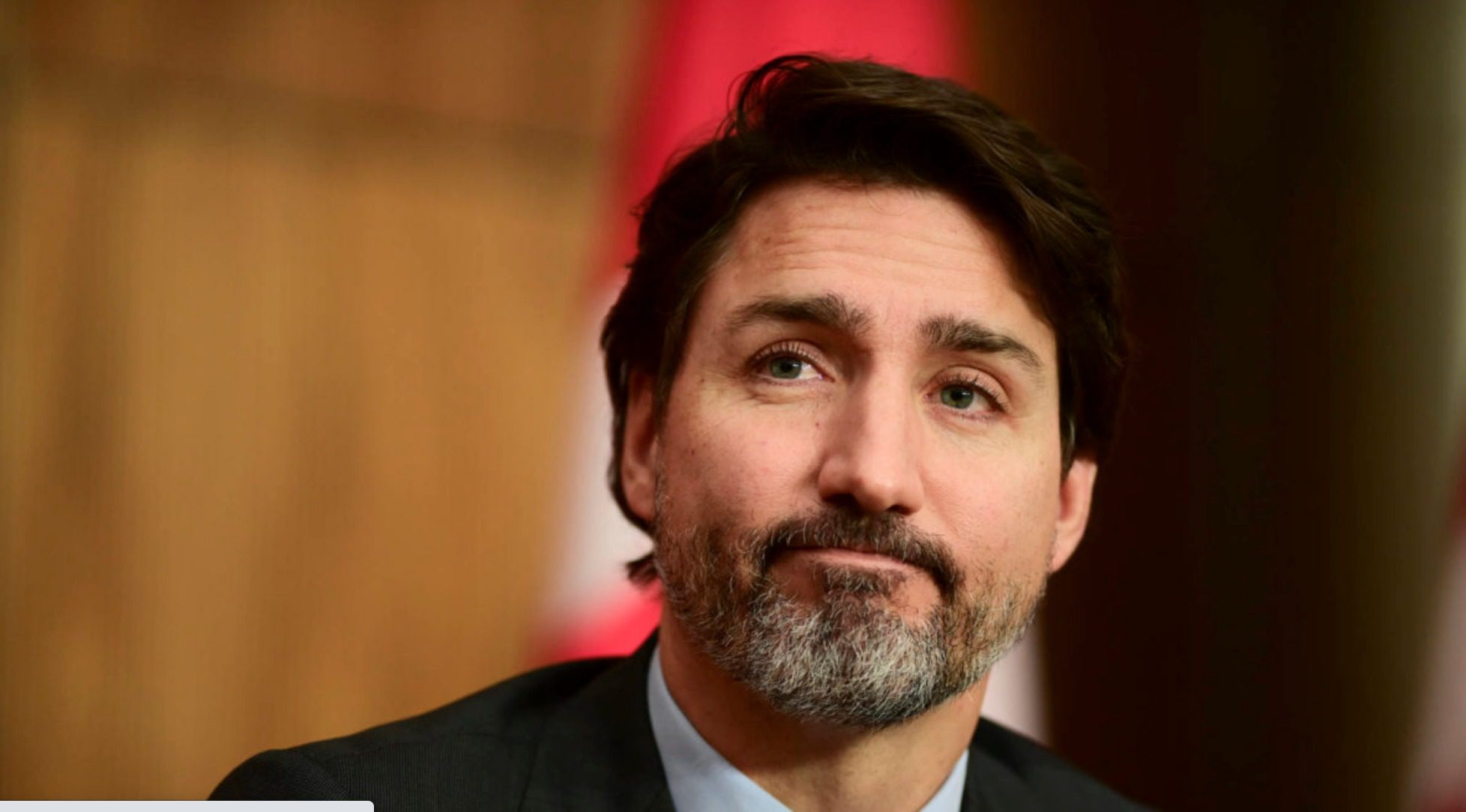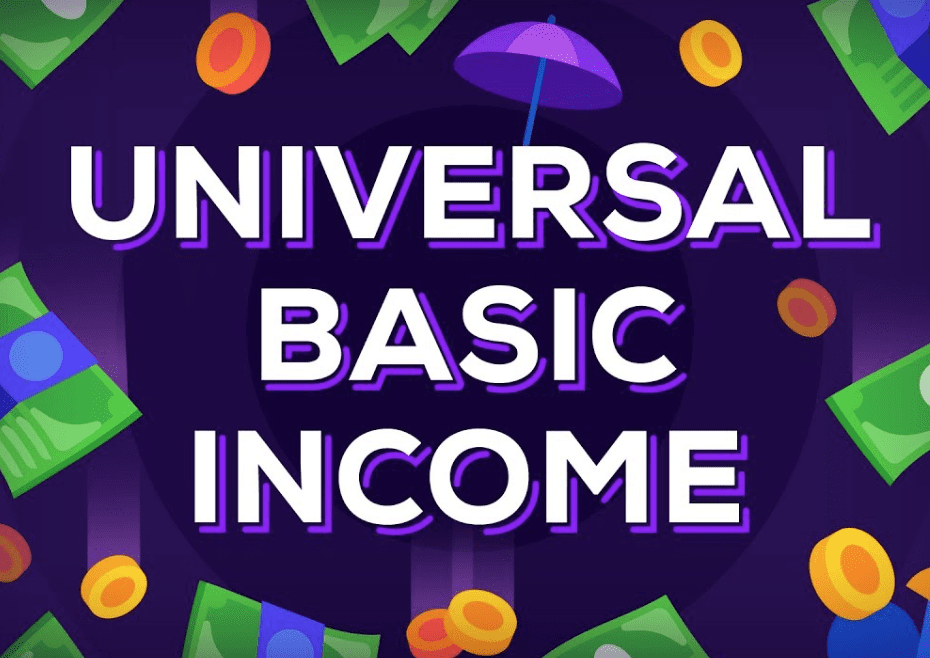Could Justin Trudeau win again?
Of course he could. He could win a majority, too.
And it has little or nothing to do with his opponents. It's all about him.
Full disclosure: years ago, this writer was friendly with Trudeau. I was introduced to him through a mutual friend, the celebrated Gerald Butts, and I was initially impressed.
As I got to know him better, however, my support for his candidacy as leader of the Liberal Party of Canada evaporated. The things that have marred his tenure his situational ethics, his lack of core beliefs, his inauthenticity were the very things that ultimately soured me on the man.
But make no mistake: the strengths that he had then? They remain among his main strengths the things that could help him win again. There are five.
One, conservative-minded people particularly the grassroots underestimate him. They think that, because they despise Trudeau, everyone else does too.
But, as one smart Conservative party pollster remarked to a conference last month, most Canadians simply do not dislike Trudeau. They agree that he is imperfect. But they also agree that he is, as the pollster put it, "doing his best."
Two: beneath the impressive jawline and the affected manner one of my smart female friends calls him "the national yoga instructor" Trudeau is highly, highly competitive. And he is prepared to take extraordinary risks to win.
Look, for example, at his decision to seek out a Conservative opponent to brutalize in his long-ago boxing match. He needed to offset the slur that he was effete and effeminate.
If he'd lost, his political career would have been over. But he decimated his opponent.
That testifies to Trudeau's competitive nature more than anything else: he was prepared to do something completely off-brand viciously beating up an Indigenous man on TV just so he could win. He is obsessed with winning.
Three: Trudeau's conservative adversaries mock his training in drama and his affinity for the dramatic arts relentlessly. But it his ability to act, so convincingly, that helps him to routinely best those selfsame Conservatives.
Politics is about pictures, and pictures are about emotion. And politics is a deeply emotional not rational business. Trudeau is simply better at emoting then anyone who has challenged him to date. He may be phony as Hell, and I believe that he is, but many (many) Canadians are persuaded that he is not.
Four: politics loves dynasties. And Trudeau is a dynastic name in Canadian politics.
Is Justin Trudeau a member of the lucky sperm club? Yes, of course. Would he likely be selling used cars in Red Deer if his last name was Smith? Yes, probably.
But he is A Trudeau. So, by the time he entered the Liberal leadership race in 2013, he was already several laps ahead of anyone else.
Five: Justin Trudeau is very, very lucky.
In this writer's view, Justin Trudeau is the worst Prime Minister in a generation. His ethical record as seen with the Aga Khan, the SNC Lavalin scandal, and the WE charity fiasco is disgraceful.
His personal judgment with blackface, groping a female reporter, and elbowing a female MP in the chest is appalling.
And his broken promises to be a feminist, to balance budgets, to end Western alienation are legion. His performance on the biggest issue of our lifetimes the pandemic has been catastrophic.
But he is lucky. He has been gifted with weak opponents, a disintegrating media establishment, and a belief that changing horses during a crisis the aforementioned pandemic is too risky.
So could Justin Trudeau win again? Of course he could.
And, for many of the reasons cited above, he likely will.
Kinsella was Special Assistant to the Rt. Hon. Jean Chretien.
Photo Credit: CBC News








